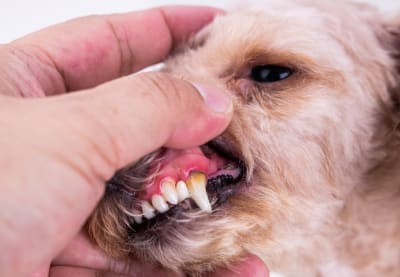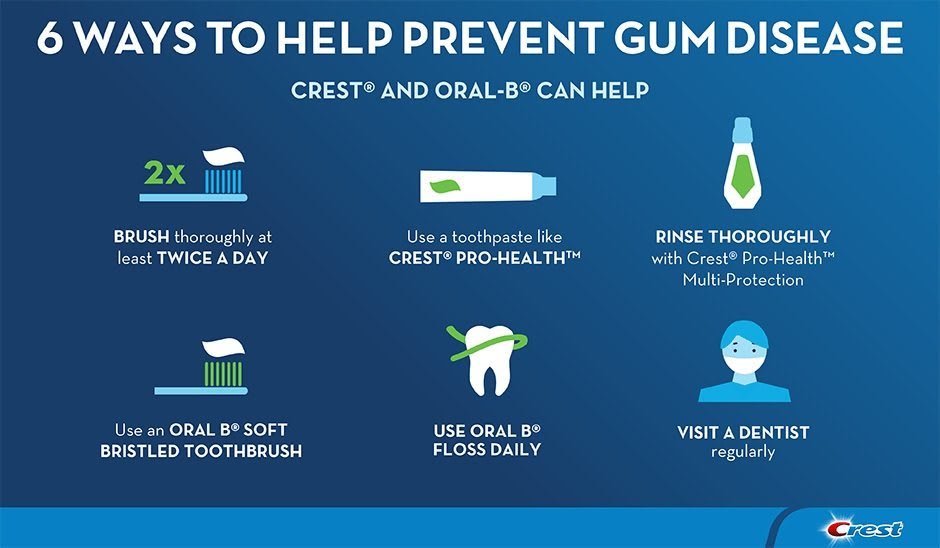
There are several signs of gingivitis. You may experience sensitivity to hot and cold foods and experience a foul odor after brushing your teeth. In severe cases, you may notice that your gums bleed easily. These are the most common signs of gingivitis, and they require proper treatment. If you have any of these symptoms, you should contact your dentist to get an exam. A doctor can also prescribe medications or prescribe a dental prescription.
It is important to treat the condition as early as possible, because the signs of gingivitis may go unnoticed for a long time. You should also visit a dentist if the gums become red and swollen. If you notice bleeding gums, it is a sign of gingivitis. It is important to treat the condition quickly, because it could get worse. There are other symptoms of gingivitis that are not easily visible.
People who have diabetes should take steps to manage their condition and prevent gum disease. They should not smoke or use tobacco products, and should brush and floss daily. They should limit the amount of sugary beverages they consume. In addition, they should visit their dentist on a regular basis and get their teeth cleaned professionally at least twice a year. If they are experiencing symptoms, they should visit their dentist more often. They may need more cleanings.
While gingivitis may not be serious, it can still cause other problems. It is essential to find a dental specialist who can recommend the best treatment to cure gingivitis and restore your oral health. A professional dentist can help you get the treatment you need to restore your oral health and prevent further complications. They can also help you improve your diet and exercise regimen. Even a simple change in your oral hygiene routine can lead to a noticeable improvement.
Signs of gingivitis include swollen, bleeding, and red gums. These are all common signs of the disease, and early treatment can make it easier to reverse. If you notice these signs, you should contact your dentist and schedule an examination. There is a good chance that you have gingivitis. Obtaining an estimate is essential to preventing further damage. These symptoms should not be ignored.

There are a number of signs of gingivitis. If you notice any of these signs, you should make an appointment with your dentist immediately. It is essential to detect gingivitis early to prevent it from progressing to periodontitis. This can cause serious damage to your teeth and gums, so you should contact your dentist immediately. However, if you have any of these symptoms, you should take precautions.
You should visit your dentist regularly to monitor your condition. If you’re experiencing any of these symptoms, you should seek medical attention. In some cases, you may be suffering from gingivitis that isn’t serious. Nevertheless, it is important to consult your dentist if you’re experiencing any of these symptoms. The earlier you catch this disease, the better your chances of recovering from it and preventing it from recurring.
The main signs of gingivitis are a loose or receding gum. This can make it difficult for you to eat, and it can affect your ability to speak. In advanced cases, you may experience bleeding, and you may be unable to eat. You should also consult a dentist if you notice any of these symptoms. Having your teeth checked is vital for your overall health. Your dentist will be able to determine if you have this disease and the appropriate treatment.
If you’re suffering from gingivitis, you may experience gums that bleed when you brush, and your gums may appear puffy or swollen. They may be tender to the touch and you may notice that your gums are receding. If you’re experiencing any of these symptoms, you should visit your dentist immediately. If you don’t have any other symptoms, you may be suffering from gingivitis. If you have this condition, you should consult your dentist to determine its cause.
There are several different treatment options for gingivitis, but the most common is a change in diet and improved oral hygiene. If you’ve noticed any of these symptoms, you should visit your dentist right away. Your dentist can perform an examination to determine the cause of the gum inflammation and recommend treatment. If you’ve experienced any of these symptoms, it’s a good idea to schedule an appointment with your dentist. It is also important to follow a regular routine.
